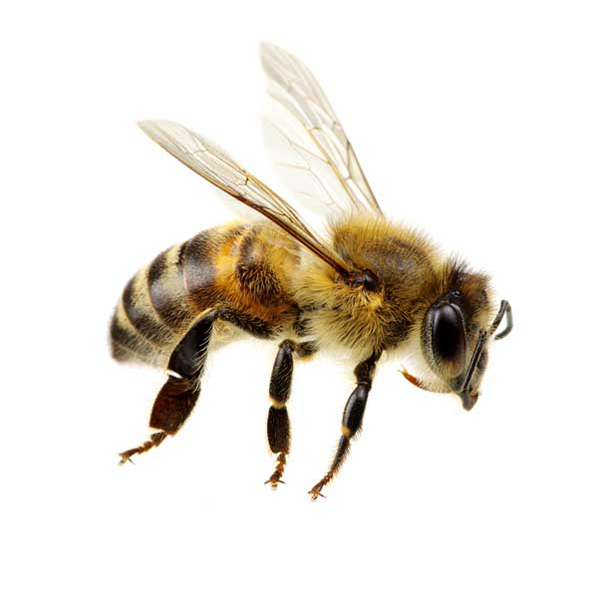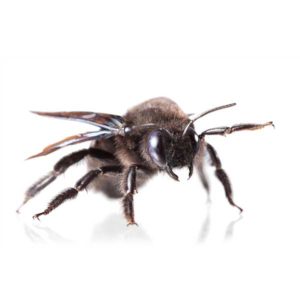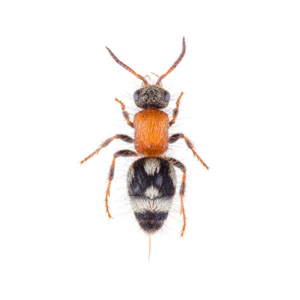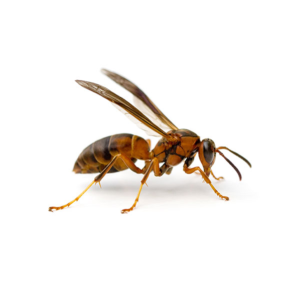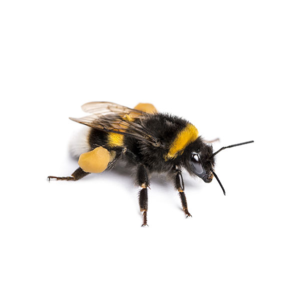Honey Bees in Atlanta, GA
These bees are diligent pollinators, responsible for honey production. Their colonies can last for several years. Queen honey bees are a tad larger than the male drones. They’re widespread across the country, pollinating over 100 crop varieties. There are two primary types: Africanized and European honey bees. The Africanized type – otherwise known as the “killer bee” – tends to be more aggressive. Swarming occurs when a colony outgrows its hive.
Honey Bee Habitat
Honey bees typically establish nests in tree gaps but might opt for attics or chimneys, and sometimes in walls or under floorboards. Their peak visibility occurs in late spring and summer when new queens, accompanied by numerous workers, leave old colonies to form new ones in tree hollows or crevices. This period involves sizable swarms of bees scouting for a new nesting spot, a process taking roughly 24 hours. While most swarms are harmless, some species, such as the Africanized honey bee, can be highly aggressive and attack without provocation.
Honey Bee Behaviors, Threats, or Dangers
Honey bees have the ability to sting, but they do so just once. Usually, the female workers, while gathering nectar and pollen, are unlikely to sting when in your backyard. These generally calm bees tend to sting when they feel threatened or inadvertently crushed. When a honey bee stings, its barbed stinger remains embedded in the skin and needs prompt removal to minimize the venom’s impact. How the stinger is removed—whether with tweezers, fingers or scraped out—is less crucial than the swiftness of extraction. The stings can be quite painful and, for a small percentage of individuals allergic to the venom, pose a life-threatening risk. If you suspect a honey bee nest on your property, it’s advisable to seek help from a professional bee removal service. A local beekeeper will generally remove the swarm or nest and relocate the honey bees to an environment where they can flourish and continue to pollinate. Inspect-All Pest Services is currently not providing service for honey bees at this time.

